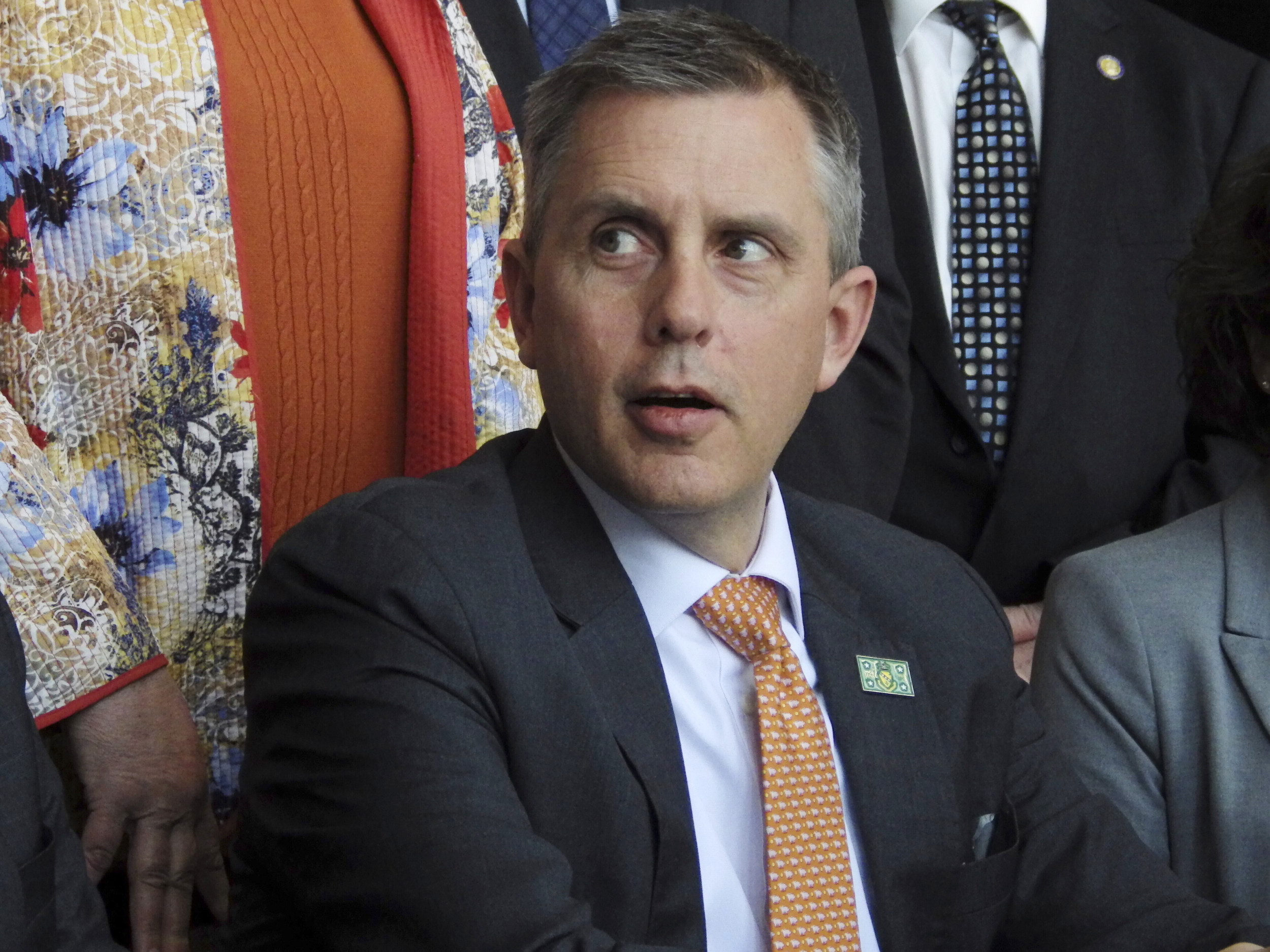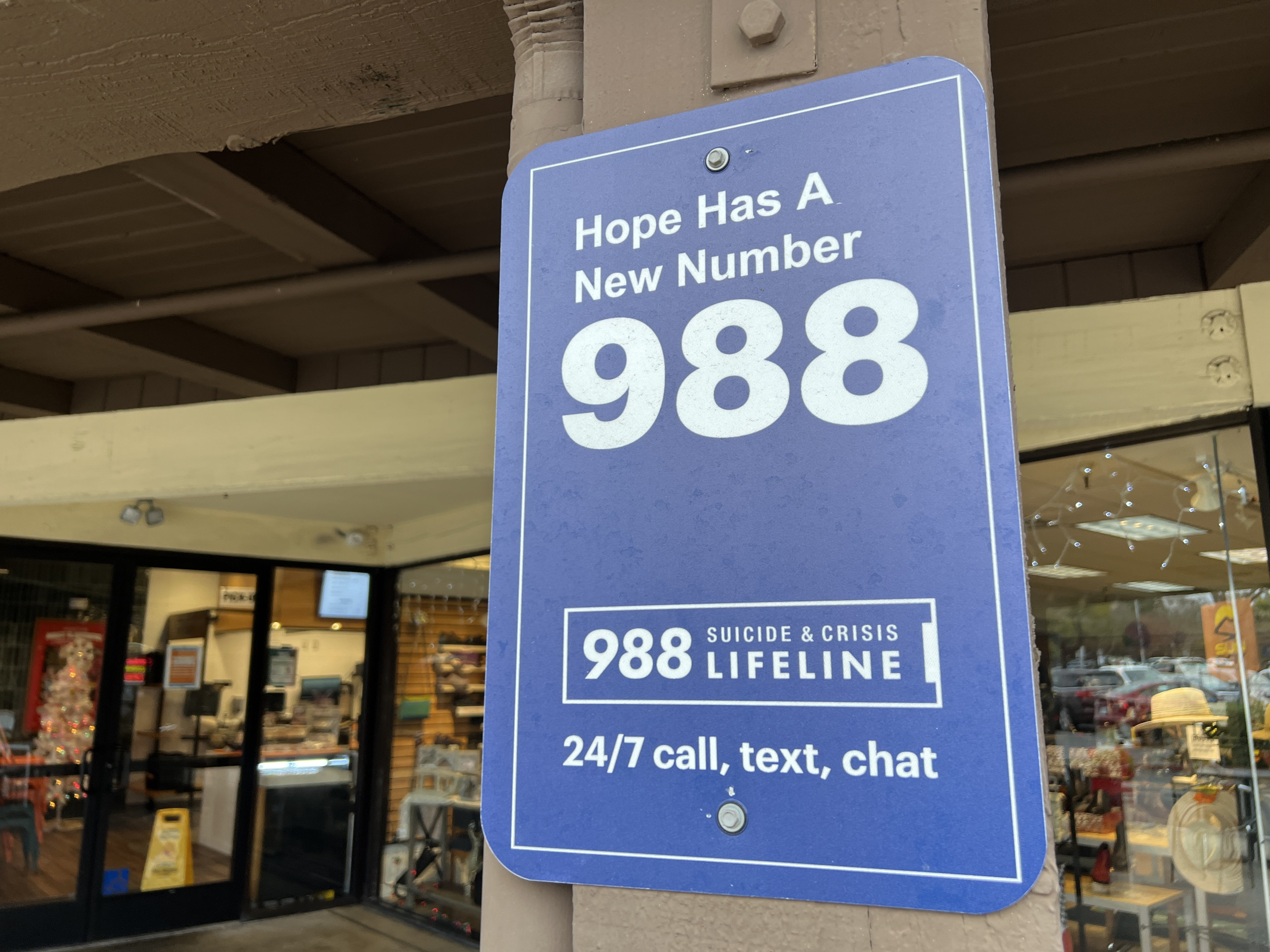
North Dakota’s Republican Governor Kelly Armstrong has vetoed two controversial bills that have found favor among Republican majorities in other states—one aimed at restricting access to books in schools and libraries, and another proposing a state-funded voucher system for private education.
Armstrong rejected the legislation Wednesday, calling the proposed library restrictions “a misguided attempt to legislate morality through overreach and censorship.” He criticized the bill’s vague definitions and punitive measures, warning that it could have “unintended and damaging consequences” for professionals tasked with enforcing it and for communities more broadly.
Why It Matters
The decision reflects a growing divide within the GOP over the scope of government influence on cultural and educational policy. In states like Florida and Missouri, similar legislation has gained traction, often with an emphasis on policing LGBTQ content in educational settings.
However, Armstrong’s veto signals resistance to what he sees as ideological overreach — a sentiment gaining visibility among some GOP officials across the country.
What To Know
Armstrong’s stance is notable in a political climate where book bans and educational reforms have become central issues for Republican lawmakers.
The bill would have expanded a 2023 law targeting “explicit sexual material” in public libraries to school districts, mandating new technology to restrict online content for K-12 students and requiring local prosecutors to evaluate alleged violations.
Supporters argued it was necessary to shield minors from obscene material, frequently citing books with LGBTQ themes. Armstrong, however, countered that such measures already exist and deemed the bill “redundant” and “overly burdensome,” as reported by the Associated Press.
“This bill imposes vague and punitive burdens on professionals and opens the door to a host of unintended and damaging consequences for our communities,” Armstrong said in his veto message.

AP Photo/Jack Dura
Armstrong also rejected a bill that would have created a private school voucher program funded with $21.7 million over two years through the state-owned Bank of North Dakota. While expressing general support for school choice, he criticized the bill for benefiting only a narrow segment of students and for lacking a comprehensive implementation plan.
“We get one chance to craft policy to benefit the most students and ensure implementation of the program is achievable and realistic,” Armstrong wrote in his veto statement.
Armstrong’s decision is part of a broader national conversation about the boundaries of conservative governance. His veto stands in contrast to the recent legislative activity in Florida, where state lawmakers have clashed with Governor Ron DeSantis over immigration and educational policies.
Jonathan Friedman of PEN America noted that book bans have become increasingly popular in Republican-led states, often advancing “a censorship agenda” motivated by anti-LGBTQ sentiment.
What People Are Saying
North Dakota Governor Kelly Armstrong said about the bill: “is redundant, overly burdensome, and places local librarians, school districts, and state’s attorneys in an untenable situation.”
Rep. Ben Koppelman, who sponsored the measure, told the Associated Press: “I’m confident that most red-state governors would have signed that bill, and we’ll just be back next time around to do it again.”
Jonathan Friedman, Sy Syms managing director for US free expression programs at PEN America, said in a statement: “We are seeing multiple levels of law, of political officials from local school boards to the federal government all trying to exert new ideological control to censor what can be taught in schools.”
What Happens Next
Whether the North Dakota Legislature will attempt to override Armstrong’s vetoes remains uncertain. The original bills did not pass with the two-thirds majority needed in both chambers. As debate continues, Armstrong appears to be urging lawmakers to refocus their priorities: “Let’s get this right the first time.”




